Limited Diffusion of Scientific Knowledge Forecasts Collapse
This paper examines how patterns of knowledge diffusion can forecast the collapse of scientific 'bubbles', highlighting that sustained scientific advancement requires diverse audiences.
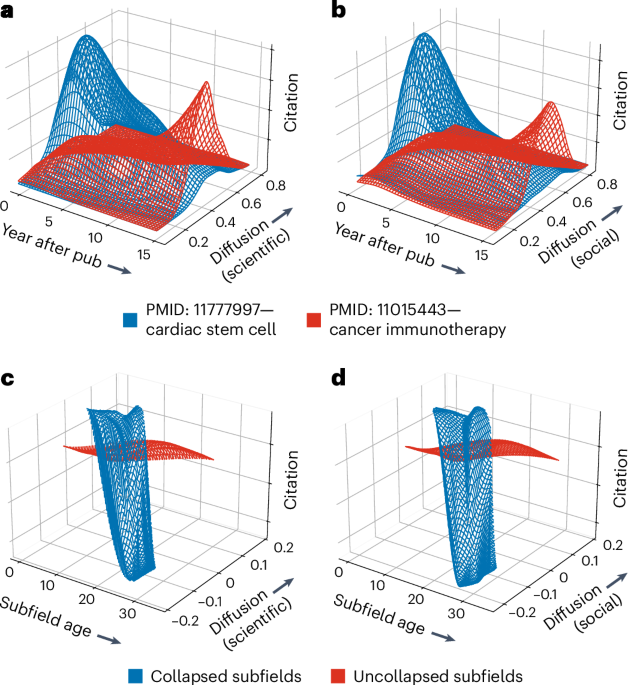
Send us a link
This paper examines how patterns of knowledge diffusion can forecast the collapse of scientific 'bubbles', highlighting that sustained scientific advancement requires diverse audiences.

Drawing on a study of priorities in health research, researchers argue a metascience approach can refocus Indian research towards areas that are most needed by Indian society and that are understudied globally

Internal meta research units could help tackle challenges of resourcing and culture.
This article investigates higher-order rich-club phenomena in networks of collaborative research grants among institutions and their associations with research impact.
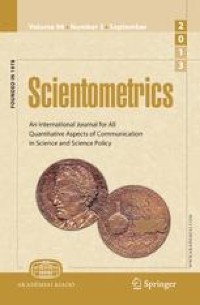
This paper develops a new indicator based on an academic's inferred co-presence at conferences. It finds that hierarchy and influence play a stronger role in determining a scientist's performance in the context of informal networks than they do when considering formal co-publication networks.
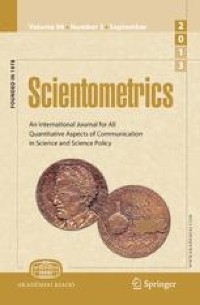
The ERC funds curiosity-driven research without predetermined thematic priorities. Even so, ERC grantees often tackle global challenges in their research, offering innovative and sustainable solutions. With the intention to map the breadth and diversity of the research it supports, the ERC analysed the content of the projects funded under the Horizon 2020 framework programme for research and innovation. The analysis gives a comprehensive picture of ERC frontier research across scientific fields, including interdisciplinary crossovers and collaborations.

This article explores the effects and interrelationships of seven collaboration problems that arise in the context of the tension between cooperation and competition.
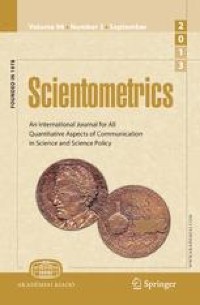
As the field of 'science of science' matures, it is looking for ways to use its data-driven insights to make a tangible mark in science policy.

This article proposes a text clustering approach to derive contextual aspects of individual citations and the relationship between cited and citing work in an automated and scalable fashion. The method reveals a focal publication's absorption and use within the scientific community. It can also facilitate impact assessments at all levels.
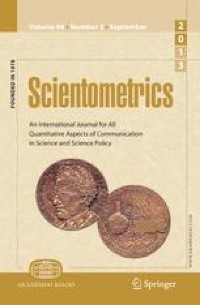
A preregistered survey experiment spanning six disciplines has found weak evidence of bias in favour of authors from high-status countries and institutions.
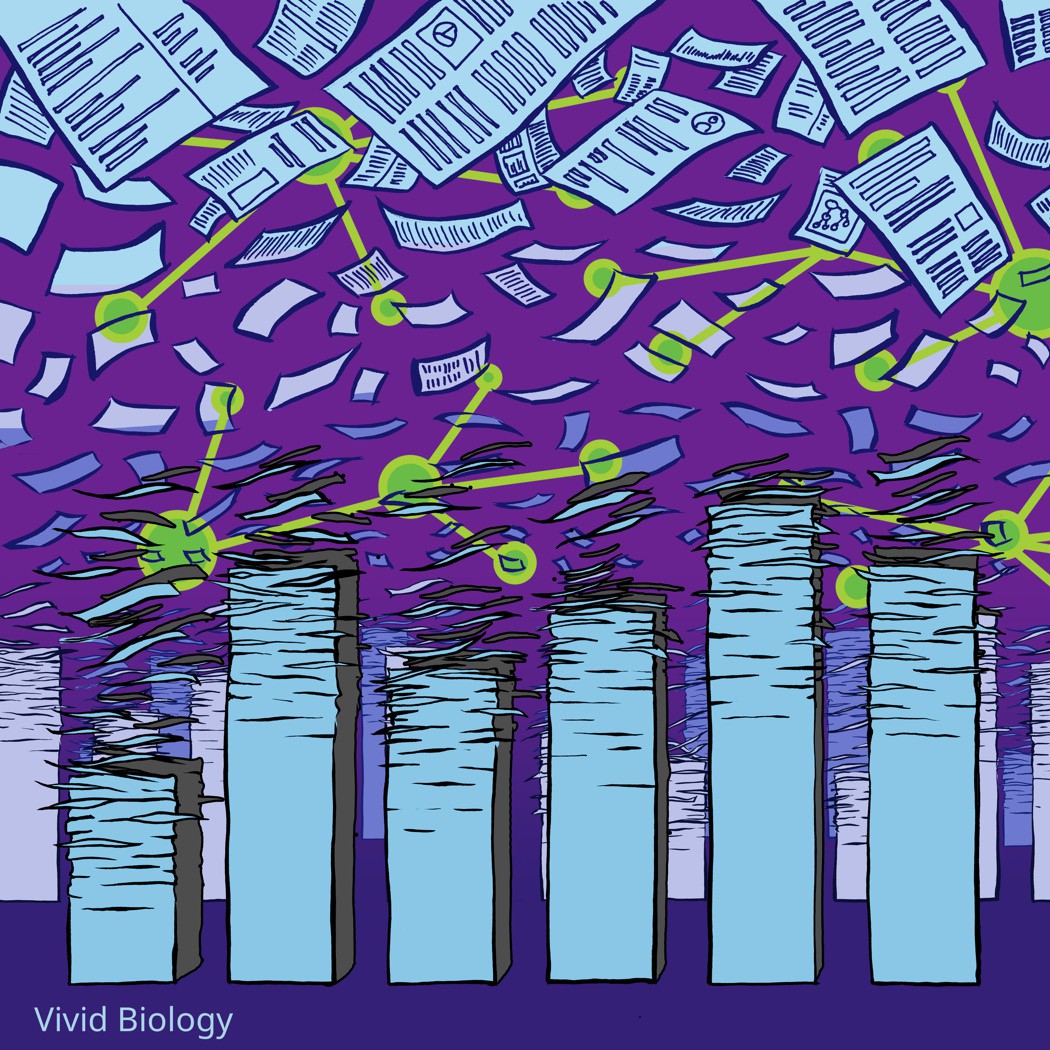
Following an intense period of consultation and co-design, we are excited to unveil our first wave of projects, which will run for the remainder of RoRI's pilot phase (until autumn 2021). We are also delighted to announce our partners, who will be collaborating in the design and delivery of these projects.

This observational study can help researchers and publishers make informed decisions about how to incorporate preprints into their work.
The first version of our metadata input schema (a DTD, to be specific) was created in 1999 to capture basic bibliographic information and facilitate matching DOIs to citations. Over the past 20 years the bibliographic metadata we collect has deepened, and we've expanded our schema to include funding information, license, updates, relations, and other metadata. Our schema isn't as venerable as a MARC record or as comprehensive as JATS, but it's served us well.

Study sent the same dataset to 70 teams for analysis, and no two teams chose identical workflows to analyze the data.

The study of science itself is a growing field of research. Also known as meta-science or the science of science, it involves studying the processes and decisions that shape the evolution of scientific research. This collection of articles highlights the breadth of meta-research with articles on topics as diverse as gender bias in peer review, statistical power in clinical trials and the readability of the scientific literature.

This study investigates and compares the systematic search qualities of 28 widely used academic search systems, including Google Scholar, PubMed and Web of Science.
A new report draws on contributions from more than 3,700 researchers to look at the current research landscape in the UK, including systems of research assessment, and to look ahead at how it may change over the next five to ten years.
Marking the launch of a new research on research institute, James Wilsdon reflects on the challenges of making good research and development policy. One surprising thread of continuity between Boris Johnson’s government and that of Theresa May, is its enthusiasm for research and innovation.
Announcing the launch of the Research on Research Institute (RoRI), an international consortium of research funders, academic institutions, and technologists working to champion the latest approaches to research on research.
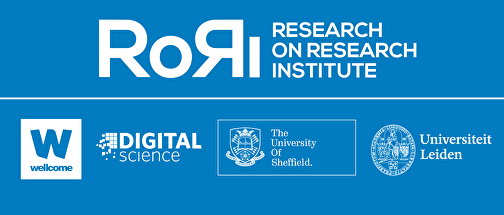
International Society for Scientometrics and Informetrics (ISSI) and Digital Science have joined forces to make Dimensions and Altmetric data available to ISSI members at scale, and at no cost for scientometric research purposes.

Quantitative Science Studies, from the MIT Press, is the official open access journal of the International Society for Scientometrics and Informetrics (ISSI).

Whilst some scientists study insects, molecules, brains, or clouds, other scientists study science itself. Meta-research, or “research-on-research”, is a burgeoning discipline that investigates efficiency, quality, and bias in the scientific ecosystem.
League tables predominantly reward measures of research output, such as publications and citations, and may therefore be promoting poor research practices by encouraging the “publish or perish” mentality. The authors examined whether a league table could be created based on good research practice.
There are a couple of angles to look at researcher conflict of interest from. One is that a conflict could distort their work, tilting findings and claims away from "the truth". The other is for the way the work is received, not how it is done: authors' perceived conflicts could damage credibility. How does this translate to authors of systematic reviews and meta-analyses? Are the issues the same, no matter the type of study? I've been thinking about that a lot lately. I was one of the external stakeholders consulted as part of the Cochrane Collaboration's review of its conflict of interest policy for their systematic reviews editorial teams. As they explain, they are looking to strengthen their approach to financial conflicts, and "consider a wider range of possible inherent biases". In biomedicine at least, systematic reviewers/meta-analysts are widely seen as arbiters on the state of knowledge. Their work often guides individual decisions, policy, and funding. I think that
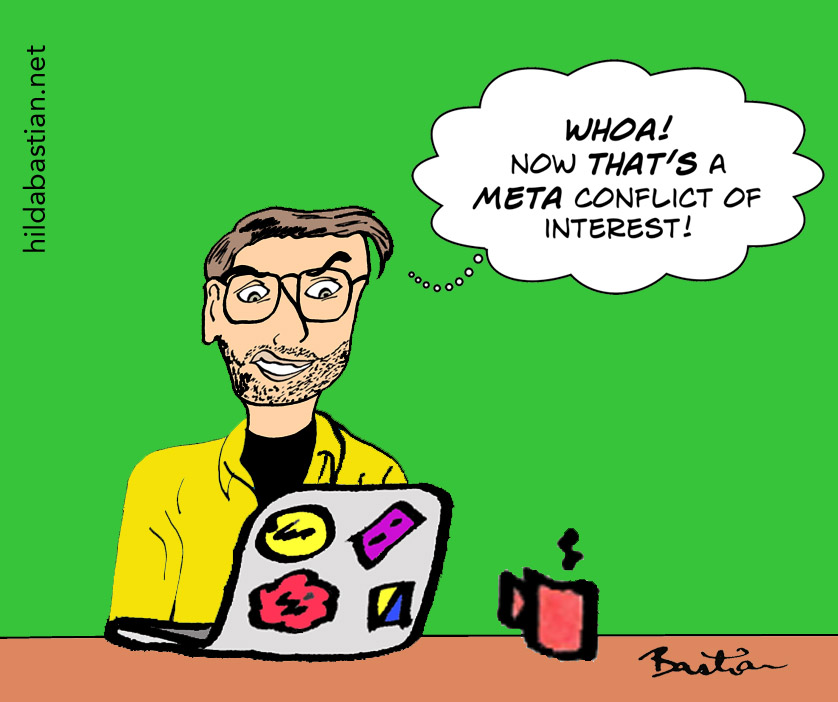
Launch of the ORCID funder open letter: Nine funding bodies are committed to expanding the use of ORCID in their grant applications.
A new collection page brings together articles that eLife has published in the burgeoning field of meta-research.